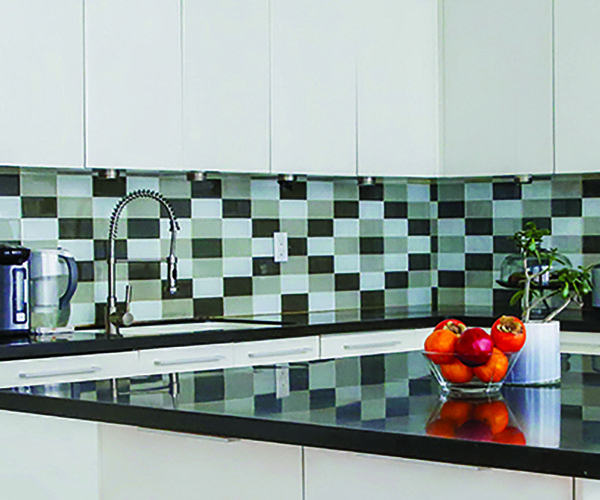Slow cooking is a popular way to prepare meals. From barbecue to simmering to braising, the methods of slow cooking vary considerably.
Many people may not realize that slow cooking can be a healthy and beneficial way to prepare food. The following are some advantages to cooking low and slow.
Save money: Cooking foods slowly helps to tenderize them, which bodes well when utilizing more fibrous or dense cuts of meat. Consumers looking for ways to save more on their monthly food bills can lean on slow cooking to produce delicious results with cheaper cuts.
Reduce the number of dishes: Those who do the majority of their cooking in a slow cooker can mix ingredients that are typically prepared separately. Putting them together in the crock saves time and energy cleaning up.
Convenience: Slow cooking allows cooks to step away from the kitchen and engage in other activities. Most slowly cooked foods only require sporadic check-ins while cooking.
Nutrient-dense meals: The United Kingdom-based supplement firm Wild Nutrition notes that because of the low temperatures utilized when slow cooking, the nutrients within foods cooked slowly remain more stable than they do when employing other methods of cooking. This means slow cooking may deliver more beneficial vitamins and minerals than other methods of preparing meals.
Soften ingredients while cooking: Slow cooking at a low temperature for several hours will soften up tough root vegetables.
Intensify flavor: Cooking over a long period of time can increase flavor, enabling cooks to use less sugar, salt or other ingredients that are often relied on to add more taste.





